
I am a senior research scientist working on computational imaging, medical imaging, inverse problems, image reconstruction, machine learning and signal processing with a focus on physics-inspired algorithms. I have obtained my Ph.D. in Electrical and Electronics Engineering from Bilkent University, Türkiye. I was advised by Prof. Tolga Çukur. Before that, I earned my M.Sc. in Computer Engineering from METU under the supervision of Prof. Fatoş T. Yarman-Vural. I received my B.Sc. degree in Electrical and Electronics Engineering from METU.
I have been working in the industry as a research scientist for over 9 years where I developed novel solutions for challenging problems in a diverse range of applications (such as magnetic resonance imaging, magnetic particle imaging, optical imaging, radar imaging, direction of arrival estimation), resulting in 7 international patent applications, 16 high-impact journal publications, 1 book chapter, and over 40 proceedings in high-impact conferences. I am passionate about developing theoretically grounded data-driven approaches to advance signal and image acquisition and processing techniques.
I also serve as a consulting associate editor for the IEEE Open Journal of Signal Processing.
Research Interests
- Medical Imaging, Computational Imaging, Inverse Problems, Signal Processing, Image and Signal Reconstruction, Experimental Calibration, Compressed Sensing.
- Generative AI, Diffusion Models, Transformers, Machine Learning, Optimization, Parallel Computing.
alperg at ee.bilkent.edu.tr
Senior Research Scientist
Aselsan
Ankara, Turkey
Recent & Selected Project Papers
A. Güngör, B. Askin, D. A. Soydan, E. U. Saritas, C. B. Top and T. Çukur
IEEE Transactions on Medical Imaging, 2023.
DEQ-MPI is the first deep equilibrium model with learned data consistency in the literature. In contrast to unrolling-based methods, DEQ-MPI computes a convergent solution while avoiding memory constraints via implicit differentiation, and it uses a learned consistency measure to better account for correlations in the data distribution. With these advances, we provide demonstrations for SOTA physics-driven image reconstruction in magnetic particle imaging (MPI).
A. Güngör, SUH Dar, Ş Öztürk, Y Korkmaz, G Elmas, M Özbey, T Çukur
Medical Image Analysis, 2023.
Diffusion models promise enhanced sample quality and diversity in MRI reconstruction. However, current diffusion methods use static priors that are frozen for inference on the test set. Here, we introduce an adaptive diffusion prior that is optimized during inference to ensure conformity to the distribution of test data. As a result, AdaDiff outperforms SOTA physics-driven unrolled methods and diffusion probabilistic models in terms of image quality and generalization.
M Özbey, SUH Dar, HA Bedel, O Dalmaz, Ş Özturk, A. Güngör, T Çukur
IEEE Transactions on Medical Imaging, 2023.
Generative adversarial networks (GANs) have become the gold-standard in medical image synthesis, yet GANs often suffer from poor stability and limited representational diversity. Here, we introduce a novel adversarial diffusion model for medical image translation that improves sample fidelity and diversity, without the prohibitive computational burden of conventional diffusion probabilistic models such as DDPM.

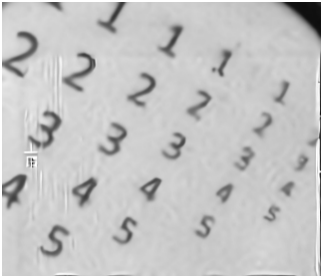
A. Güngör, M.U. Bahçeci, Y. Ergen, A. Sözak, O. Ö. Ekiz, T. Yelboğa, T. Çukur
Arxiv Preprint, arXiv:2309.11421.
Compressive focal plane arrays enable cost-effective high-resolution (HR) imaging by acquisition of several multiplexed measurements on a low-resolution sensor. For practical implementation, system non-idealities such as optical aberrations are captured in an offline and time-consuming manner. In this study, we propose a novel compressive FPA system based on online deep-learning calibration of multiplexed LR measurements (CalibFPA).
M. U. Mirza, O. Dalmaz, H. A. Bedel, G. Elmas, Y. Korkmaz, A. Güngör, S. UH Dar, T. Çukur
Arxiv Preprint, arXiv:2308.01096.
Conventional diffusion models are trained to transform Gaussian noise onto the data distribution, and this normality assumption causes divergence between the learned and desired transformations in inverse problems. To address this fundamental limitation, here we introduce a Fourier-constrained diffusion bridge (FDB) that learns to transform directly between undersampled and fully-sampled data via a generalized diffusion process.

B. Kilic, A. Güngör, M. Kalfa, O. Arikan
IEEE Transactions on Signal Processing, 2022.
We propose a novel measurement matrix design methodology for direction of arrival estimation that adapts to the prior probability distribution on the source scene, and we compare its performance over alternative approaches using both on-grid and gridless reconstruction methods. The proposed technique is derived in closed-form and shown to provide improved compression rates compared to the state-of-the-art.
B. Askin, A. Güngör, D. A. Soydan, E. U. Saritas, C. B. Top, T. Çukur
Machine Learning for Medical Image Reconstruction (MLMIR 2022) Workshop, hosted by 25th International Conference on Medical Image Computing and Computer Assisted Intervention (MICCAI), 2022.
PP-MPI is an ADMM-based reconstruction algorithm with a deep plug-and-play denoiser for 2D and 3D MPI. Besides its high-quality reconstruction performance, data-driven denoiser enables fast convergence of the algorithm.
A. Güngör, B. Askin, D. A. Soydan, E. U. Saritas, C. B. Top, T. Çukur
IEEE Transactions on Medical Imaging, 2022.
TranSMS is a model-based transformer architecture that super-resolves system matrix rows for accelerated MPI calibration, while maintaining fidelity to the physical signal model for reliable generalization.
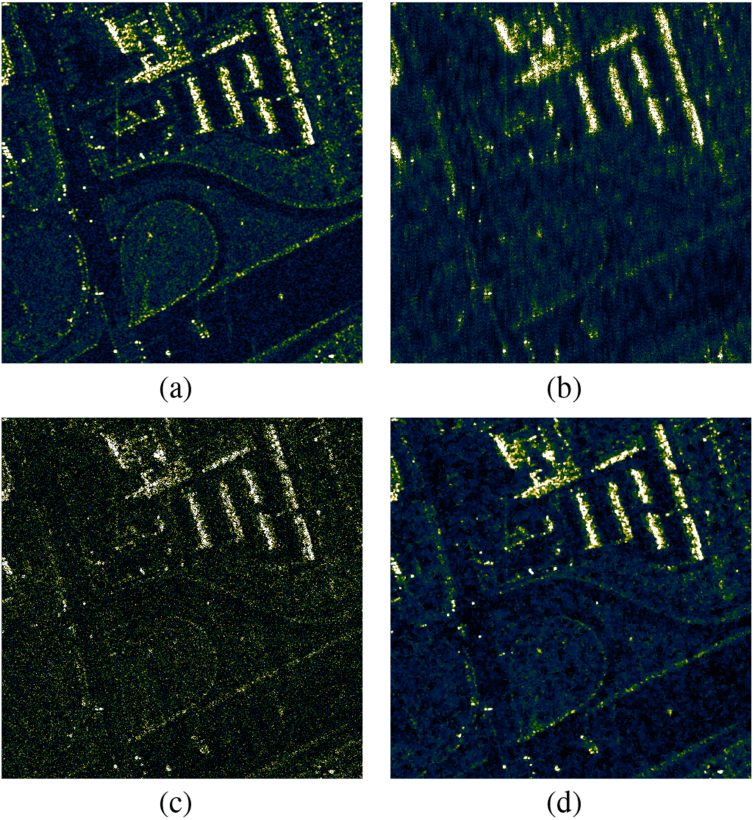
A. Güngör, M. Çetin and H. E. Güven
IEEE Transactions on Computational Imaging, 2022.
Here, we propose an image reconstruction technique that jointly estimates both the phase errors and the underlying image simulatenously for undersampled synthetic aperture radar imaging in the presence of phase errors. Our method provides significant improvements in terms of image reconstruction quality and computation speed, as well as phase error estimation performance.
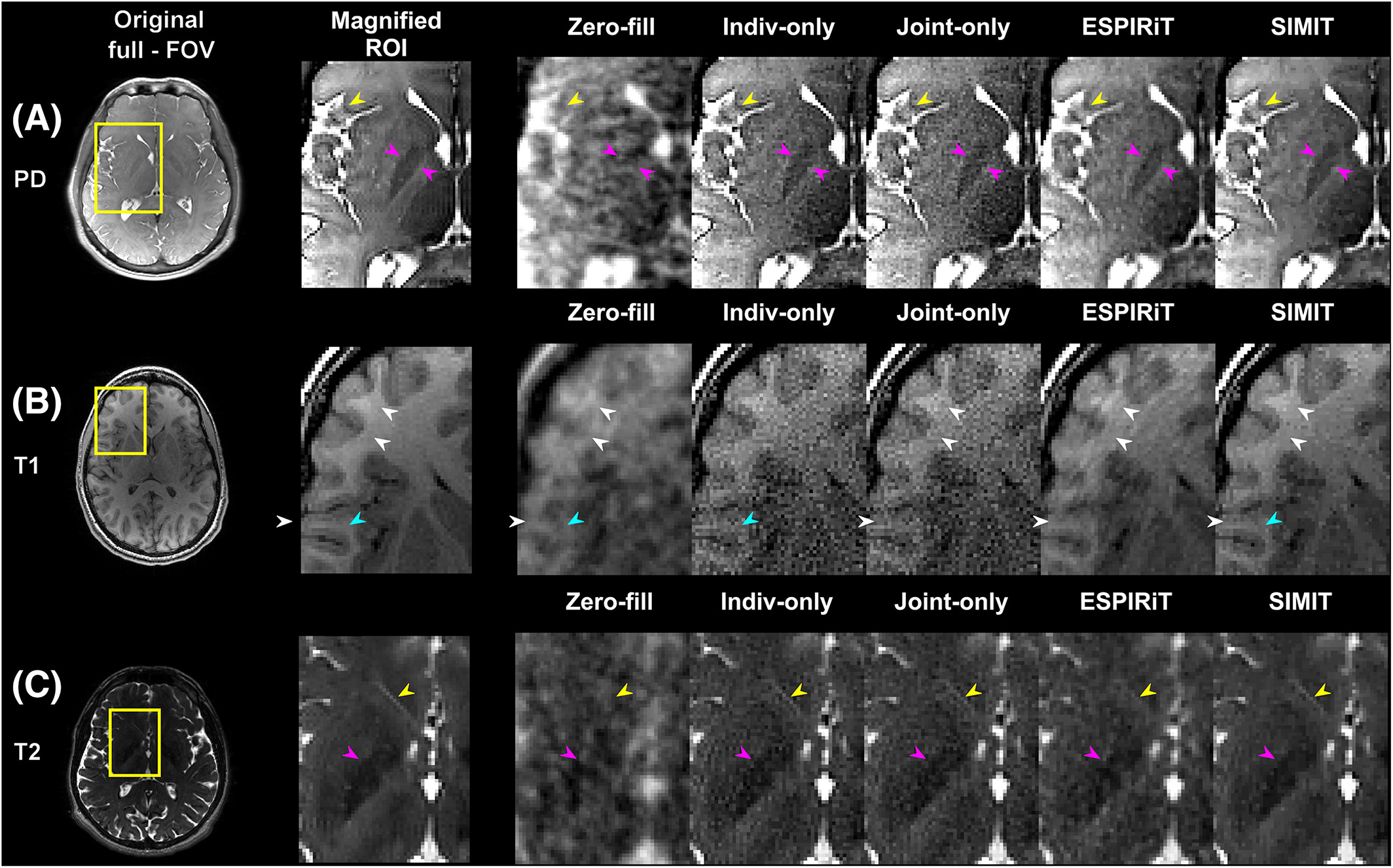
E Kopanoglu, A. Güngör, T Kilic, EU Saritas, KK Oguz, T Çukur, HE Güven
NMR in Biomedicine, 2020.
Multi-contrast images are commonly acquired together to maximize complementary diagnostic information, albeit at the expense of longer scan times. SIMIT-CS utilizes a time-efficient strategy to acquire high-quality multi-contrast images and then reconstruct undersampled data with joint regularization terms that leverage common information across contrasts.
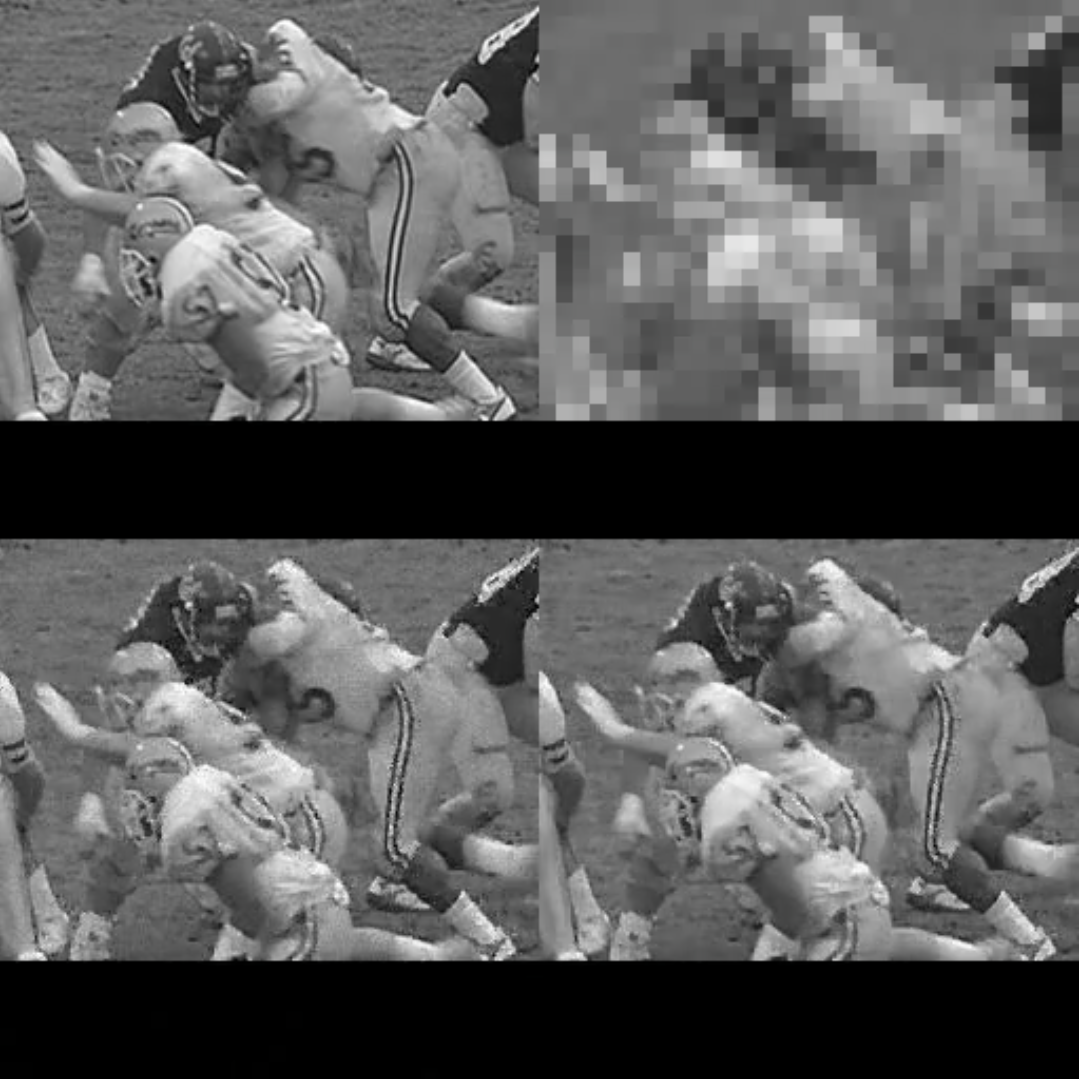
O.F. Kar, A. Gungor, H.E. Guven
IEEE GLOBALSIP, 2019


O.F. Kar, A. Gungor, H.E. Guven
IEEE GLOBALSIP, 2019
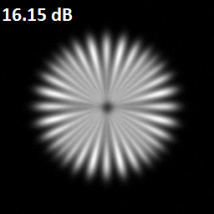
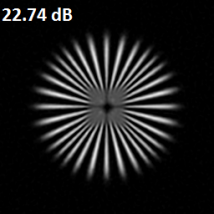
A. Gungor, O.F. Kar
IEEE ICIP, 2019

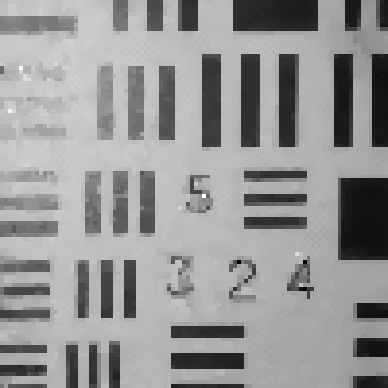
A. Gungor, O.F. Kar, H.E. Guven
IEEE ICIP, 2018
Awards:
- IEEE Transactions on Medical Imaging Distinguished Reviewer Award – 2023.
- IEEE Signal Processing and Communications Applications Conference, 2nd place in Alper Atalay Best Student Paper Award – 2023.
- 3rd place in Aselsan Capture the Flag Hacking Contest – 2023.
- NATO SET Panel Excellence Award – 2022.
- Finalist for EMBC Student Paper Competition – 2021.
- IEEE Signal Processing Society Turkey Best Paper Award – 2021.
- NATO SET Panel Excellence Award – 2020.
- IEEE Signal Processing Society Travel Grant to Taipei, Taiwan – 2019.
- National Scholarship Programme from Scientific and Technological Research Council of Turkey (TUBITAK) for Ph.D. education.
- 2015-2016 METU Graduate Courses Performance Award.
- National Scholarship Programme from Scientific and Technological Research Council of Turkey (TUBITAK) for M.Sc. education.
- The Best Design Award in 2013 TÜBİTAK Formula G Solar Car Races.
- 3rd place in 2011 TÜBİTAK Formula G Solar Car Races.
- 1st place in 2011 METU IEEE Computer Society Capture The Flag Hacking Contest.
- 2010-2011 and 2013-2014 Bülent Kerim Altay Prize.
- Reviewer for journals including; IEEE Transactions on Image Processing, IEEE Transactions on Computational Imaging, IEEE Transactions on Medical Imaging, IET Signal Processing, Elsevier Digital Signal Processing, Nature Scientific Reports, IEEE Transactions on Geoscience and Remote Sensing, Springer Signal, Image and Video Processing.
- Consulting Associate Editor for IEEE Open Journal of Signal Processing.
